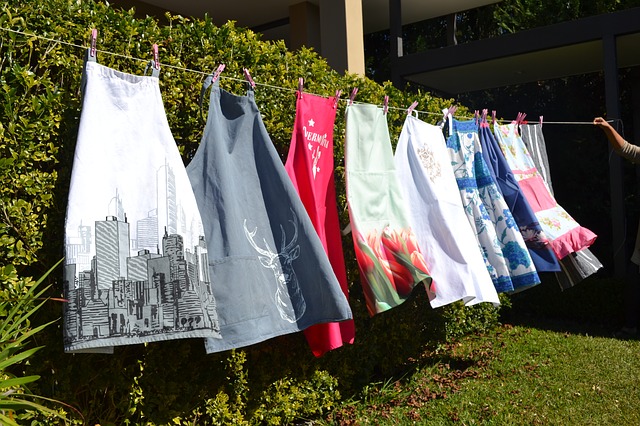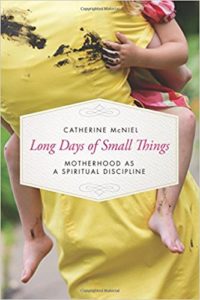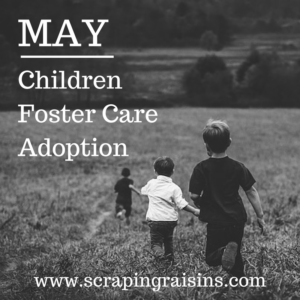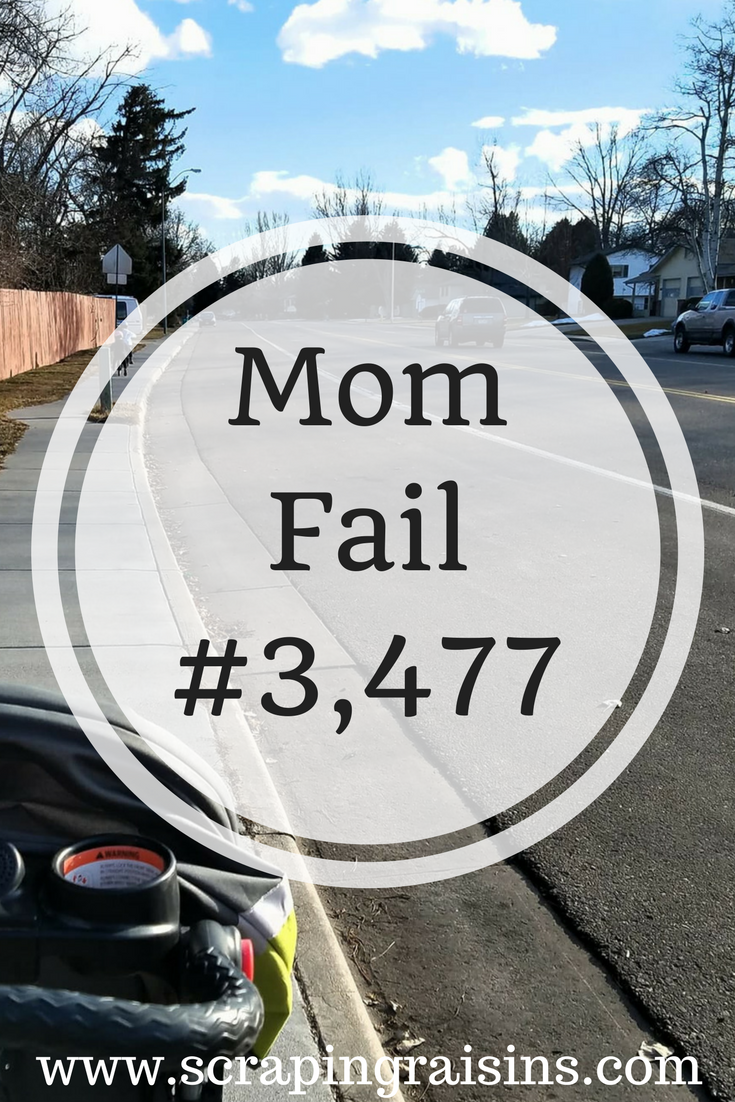
I devoured books on motherhood in the months when I was pregnant with my first child. That was seven years ago. Since the addition of two more children, time has accelerated, flinging schedules, old hobbies, brain cells, and predictable anythings (like reading parenting books) to the fan. So when I come across parenting advice in places I don’t expect, I’m pleasantly surprised. In this case, a priest named Henri Nouwen, and another named Father Gregory Boyle.
Though I’m a long-time fan of Henri Nouwen, I hadn’t read this particular book, called Reaching Out, until last year when I began researching more about hospitality, community, and living out this upside-down faith in Jesus. In it, Nouwen, who himself was childless, tells parents that children are strangers who God has brought into our homes for a time.
He writes, “It may sound strange to speak of the relationship between parents and children in terms of hospitality. But it belongs to the center of the Christian message that children are not properties to own and rule over, but gifts to cherish and care for. Our children are our most important guests, who enter into our home, ask for careful attention, stay for a while and then leave to follow their own way. Children are strangers whom we have to get to know. It takes much time and patience to make the little stranger feel at home, and it is realistic to say that parents have to learn to love their children” (81).
My children are not “little Adams (my husband) and Leslies,” they are little strangers—they are unique individuals. These tiny guests are the first tier of hospitality in my home. Do they feel welcome?
In my holier moments I’m able to remember that my children fit the definition of the “least of these” Jesus calls his followers to serve in Matthew 25. My children are the neediest humans I know. And they live under my roof (practically under my feet and in my hair on most days). Do I serve them with the same level of dignity I might serve anyone else? Do I speak to them with respect? (The answer, sadly, is usually no.) When I feed, clothe, wash, and carry these little ones, I’m feeding, clothing, washing, and carrying Christ.
The other priest who illuminated the next few steps of this messy maze of motherhood was the author of Tattoos on the Heart, a potty-mouthed priest whom I absolutely adore. His latest book, Barking to the Choir had me crying and cackling aloud on every page. What struck me most was the revolutionary way he approaches his ministry with gang members, drug dealers, and those seeking a different life at his ministry, called Homeboy Industries.
Boyle writes, “Homeboy receives people; it doesn’t rescue them. In being received rather than rescued, gang members come to find themselves at home in their own skin. Homeboy’s message is not ‘You can measure up someday.’ Rather, it is: ‘Who you are is enough’” (84). Boyle says, “When we are disappointed in each other, we least resemble God. We have a God who wonders what all the measuring is about, a God who is perplexed by our raising the bar and then raising it even higher” (27).
I was surprised that my mind immediately applied his words to my children. Am I rescuing them or receiving them? Am I disappointed in them, raising the bar to impossible heights—or accepting them for who they are, affirming my belief that they are enough? Boyle’s central message is that the greatest conduit for God’s love is tenderness towards one another. Am I tender towards the littlest guests hunkering down in my home?
For Mother’s Day this year I took each of my kids out for a date. (Last year, my greatest wish for Mother’s Day was to be alone All. Day. Long., but this year I had a change of heart.) At one point, my four-year-old daughter turned from her dandelion-seed-blowing to say, “I know I’m your favorite.” While my first thought was to panic because Am I showing favoritism?, my second thought was that I want to make it my goal to lead each of my kids to believe they are the favorite.
In the coming year, I hope my kids will feel more singled-out, adored, and received for who they are. I pray they’d know their value isn’t tied to what they do, but to who they are as beloved children of God. I know I need to believe this for myself as well: God is tender towards us, receives us, and welcomes us as strangers. We—each one of us—are God’s particular favorite.
*This post includes Amazon affiliate links


 Catherine McNiel writes to open eyes to God’s creative, redemptive work in each day—while caring for three kids, two jobs, and one enormous garden. Catherine is the author of
Catherine McNiel writes to open eyes to God’s creative, redemptive work in each day—while caring for three kids, two jobs, and one enormous garden. Catherine is the author of  I have three books to giveaway this month, so keep an eye out for them! This week, I’m giving away a copy of
I have three books to giveaway this month, so keep an eye out for them! This week, I’m giving away a copy of 

 Thank you for meeting me here in this space. The theme for March is “Simplify,” so you can
Thank you for meeting me here in this space. The theme for March is “Simplify,” so you can 

 Lydia Rueger is a mom of two, writer and editor for Colorado Parent (www.coloradoparent.com) magazine, and picture book writer pursuing publication. She’s other things, too. Learn more at
Lydia Rueger is a mom of two, writer and editor for Colorado Parent (www.coloradoparent.com) magazine, and picture book writer pursuing publication. She’s other things, too. Learn more at 

